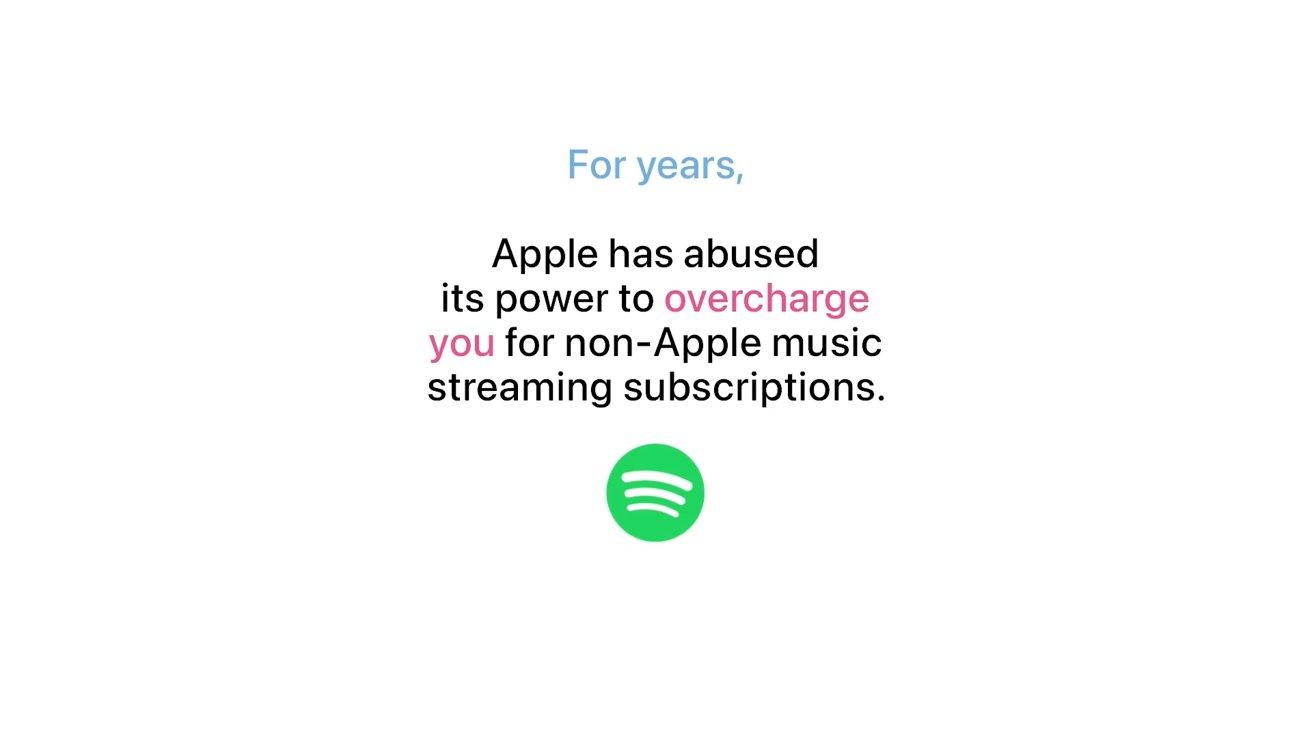Consumer advocacy group Euroconsumer is launching a coordinated class-action suit in Belgium, Italy, Spain, and Portugal, alleging it was Apple's fault that music services raised subscription charges.

Euroconsumer files class action suit against Apple over 'unfair profits'
"Apple didn't play fair," reads the Euroconsumer class action suit page. "As a big tech player, Apple abused its power to impose up to 30% extra charges on non-Apple music streaming services like Spotify, Deezer, YouTube Music, SoundCloud, Amazon Music, Tidal, and Qobuz through its Apple App Store."
It then points out that third-party streaming services raised prices on iOS customers to help cover the lost revenue. Euroconsumer claims those increased prices led to customers paying excessive fees of roughly 3 euros per month to use their service of choice.
The group says that Apple has earned roughly 259 million euros in "unfair profits by overcharging consumers through their non-Apple Music streaming services" in Europe alone. In response, it is "fighting to reclaim the overpaid money for more than 500,000 victims in Belgium, Italy, Spain, and Portugal."
It should be noted that companies aren't required to increase fees in order to operate on the App Store. As pointed out above, these companies are simply forcing consumers to cover the cost.
And, many of these companies still claim that Apple takes more than it does. Apple changed the payout structure of the App Store, with a new 15% tier for subscriptions that extend over a first year, instead of the blanket 30% that Spotify still claims Apple demands on all subscriptions.
Still, Apple is facing increased scrutiny from both advocacy groups and regulators alike. In March, the European Union levied a $2 billion fine against Apple over anti-steering behaviors, despite the fact that it does not hold a dominant position in music streaming in the EU.
This isn't the first time Euroconsumers has gone after Apple, either. In 2020, it sued Apple over an iOS update that throttled iPhone CPU performance in the name of system stability.
And, in 2021, it demanded Apple address allegations of excessive iPhone battery drain in iOS 14.5 and later software updates.
